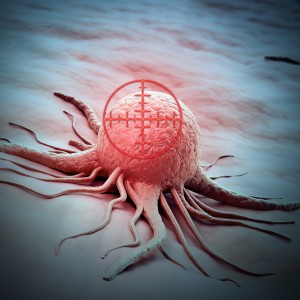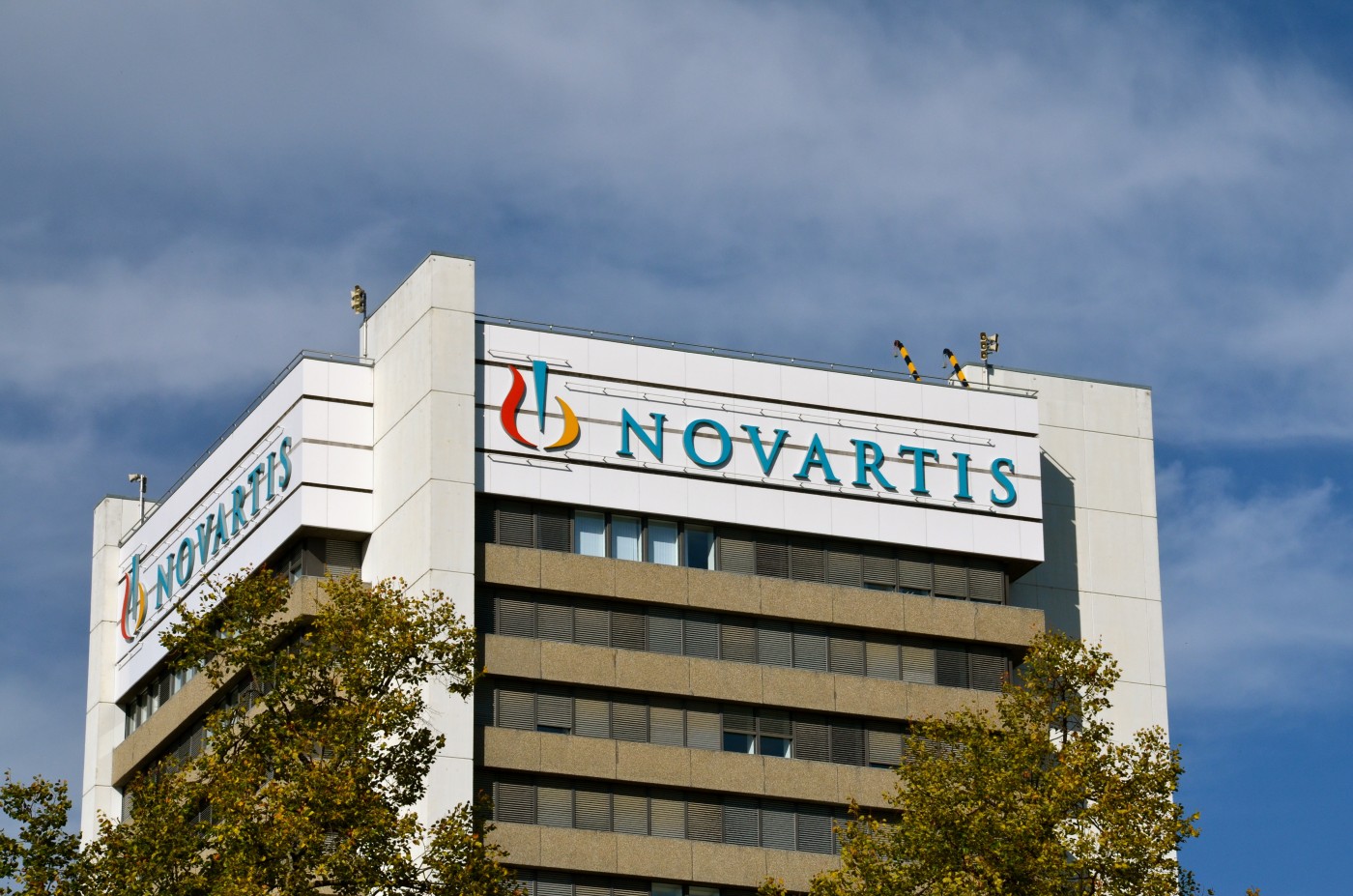 Novartis recently announced the establishment of a major multi-year alliance with Aduro Biotech to discover and develop next generation cancer immunotherapies that target a specific signaling pathway involving a molecule called STING (stimulator of interferon genes). With this in mind, Novartis also launched a new immuno-oncology research group led by Dr. Glenn Dranoff, a renowned cancer vaccine expert.
Novartis recently announced the establishment of a major multi-year alliance with Aduro Biotech to discover and develop next generation cancer immunotherapies that target a specific signaling pathway involving a molecule called STING (stimulator of interferon genes). With this in mind, Novartis also launched a new immuno-oncology research group led by Dr. Glenn Dranoff, a renowned cancer vaccine expert.
Novartis has a diverse portfolio in terms of cancer immunotherapies and the company believes that effective STING agonists will further improve their approach to immunotherapies. STING is a signaling pathway that plays an important role in innate immunity. Once activated, STING induces broad innate and adaptive cancer-specific immune responses that include the expression of several interferons, cytokines and immune factors that enhance and strengthen the body’s immune response.
Aduro Biotech has developed a novel immune-oncology strategy based on small molecule cyclic dinucleotides (CDNs, which are naturally expressed in bacteria and immune cells), that were designed to target and activate the STING signaling pathway. The CDNs developed have a significantly higher activity in comparison to natural STING ligands. CDNs have been shown to induce a potent immune response capable of targeting tumor cells in preclinical models. In mouse tumor models in particular, direct intratumoral injection of CDNs into melanoma, colon and breast cancer was found to significantly inhibit tumor growth (both locally and systemically), with a durable response that provided protection against tumor regrowth.
The goal of this alliance is to use Aduro’s immune-oncology CDN approach to target STING and contribute to the development of next generation cancer immunotherapies. “Immunotherapy is one of the exciting frontiers in oncology today. Current approaches with checkpoint inhibitors and T-cell modulation are potent but only in select tumor types. STING agonists have the potential to fully activate the immune system to attack a broader range of tumors,” said the President of the Novartis Institutes for BioMedical Research, Dr. Mark Fishman in a press release. “Under Glenn Dranoff’s leadership our new immuno-oncology research group will aggressively drive our current programs to the clinic and explore new directions for both mono and combination therapies.”


